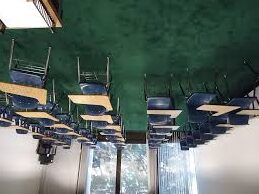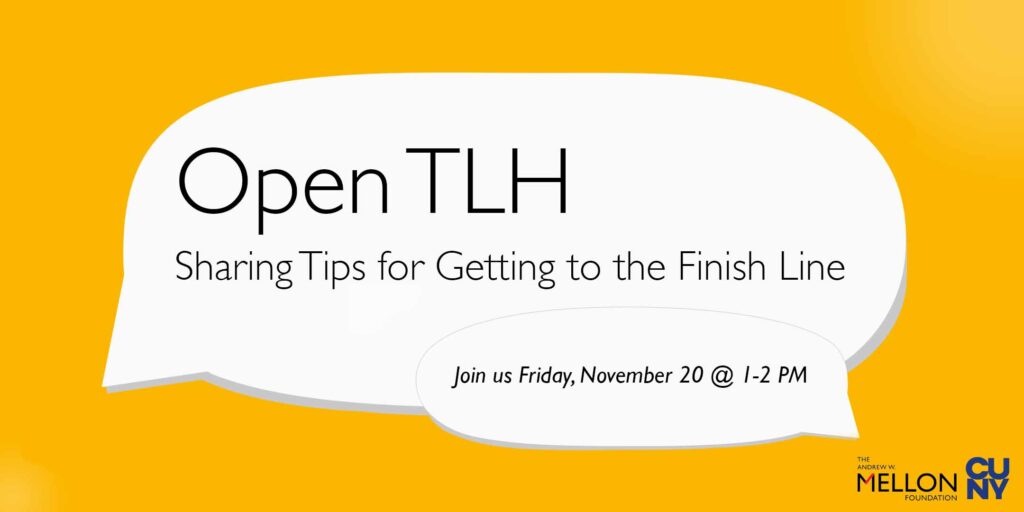We are pleased to open applications for Fall 2021 and Spring 2022 Andrew W. Mellon Transformative Learning in the Humanities Faculty Fellows (Mellon TLH Faculty Fellows).
Please share this announcement widely with your CUNY colleagues and visit our website for the full call for applications.
Mellon TLH Fellows will work together to share and develop active, creative, participatory learning practices and pedagogical research designed to engage our CUNY students and help ensure their success in and beyond the classroom. Mellon TLH Fellows will receive $1,500 for their participation as well as formal recognition honoring their pedagogical work as a significant contribution to CUNY’s mission. Continue reading






